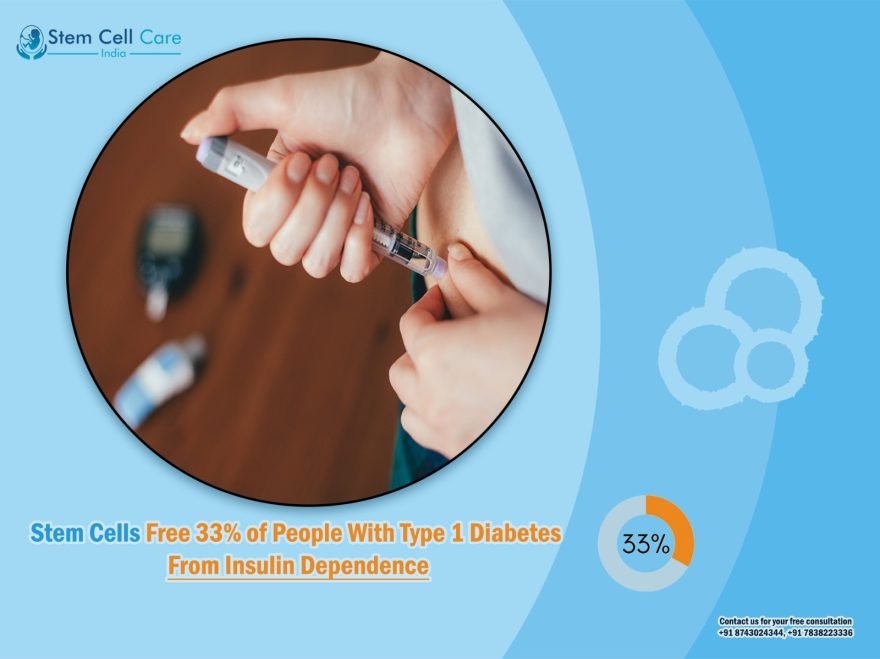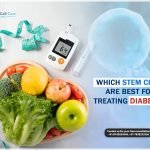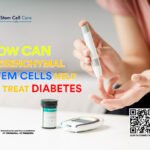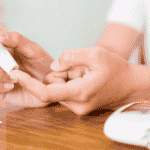According to the most recent data from six patients thus far, an investigational pancreatic islet cell replacement therapy (VX-880, Vertex Pharmaceuticals) produced from allogeneic stem cells continues to show promise as a treatment for type 1 diabetes.
After more than a year of receiving VX-880 infusions, two of the six patients are insulin-independent, and three additional patients who had them more recently are progressing similarly. One left the program for reasons unrelated to the therapy. Immunosuppressive therapy is still being administered to the five remaining patients in order to prevent islet rejection. The six were all required to meet the entry requirements for the phase 1/2 research, which included undetectable insulin secretion, impaired hypoglycemia awareness, and severe hypoglycemia.
“These new findings demonstrate the potential of stem cell-derived islets as a future treatment for patients with type 1 diabetes, signaling a new era that could potentially remove the need for exogenously administered insulin to achieve glycemic control,” said lead investigator Trevor W. Reichman, MD, PhD, surgical director of Pancreas and Islet Cell Transplantation at the University of Toronto, Canada.
As an update to the report of the first two patients at the ADA meeting last year, Reichman presented the findings at the American Diabetes Association’s (ADA) annual Scientific Sessions last week “We are hopeful that this first-of-its-kind research could be a game-changer for the treatment of type 1 diabetes,” he emphasized.
Co-investigator Maria Cristina Nostro, PhD, senior scientist at McEwen Stem Cell Institute, Toronto, told Medscape Medical News, “The clinical trial data are extremely exciting…I think what was very beautiful is the glucose tolerance test where the insulin secretion was almost like a person without type 1 diabetes. For someone who is in the lab doing basic science research…all the work we’ve put into this, it’s a labor of love. We’ve been trying to generate the cells for so long, and now to see this, it’s fantastic.”
Two reach the main goal, and three more continue on the right course
The six patients’ average age was 44 years, and they had had diabetes on average for 23 years. There were three of each gender. Their fasting C-peptide was undetectable, and their mean baseline A1c was 8.1%. In the year before getting the infusion, they had, on average, 3.3 severe hypoglycemia episodes. The infusion was given into the portal vein identical to the technique with cadaveric donor islets, according to Reichman.
The first two patients in the experiment, including the one who dropped out, got half the intended doses of VX-880 (part A), but the subsequent patients in part B were each given the intended dose of VX-880 in a single infusion.
Anti-thymocyte globulin induction and tacrolimus/sirolimus maintenance immunosuppressants were utilised to shield the cells from the recipient’s immune system. Following the infusion, all six patients produced C-peptide, saw their A1c levels drop despite using less insulin, and from day 90 onwards, had no severe hypoglycemia episodes.
With at least a year of follow up, both individuals fulfilled the requirements for the primary endpoints of an A1c less than 7% and no severe hypoglycemia episodes. A1c values for the first participants were 5.3% at month 21 and 6.0% at month 12. Both met the ADA target of spending more than 70% of the time in the blood glucose range as determined by continuous glucose monitoring and maintained sustained glucose-responsive insulin production with a mixed-meal tolerance test.
No major safety concern as of now
All six of the adverse events were temporary and resolved increases of the liver enzyme transaminase that occurred soon after the infusion of VX-880. No significant adverse effect were thought to be connected to the therapy.
Regarding safety, Nostro said, “With this trial, I have no concerns because they’re using immunosuppression, so should anything go bad you remove immunosuppression and the cells would be destroyed by the immune system. So it’s a perfect trial in a way.”
However, she noted, “Moving forward, as we develop something that will be genetically modified…I think this is the future because if you’re going to treat people with type 1 diabetes we have to eliminate the immune suppression. I think the concern would be making sure the genetically modified cells are safe.”
In an ongoing study using genetically modified cells, Nostro, who gave an introduction at the start of the symposium where the VX-880 data were presented, described how, “they’re placing the product inside a device so that the cells would be retrievable. It might not be perfect but at least it’s going to tell us whether the genetically modified product is safe, which I think is what we need to use.”
In her presentation, Nostro also provided an overview of ongoing research in this area that aims to increase the production of islets created from stem cells that are consistent and free of “off target” non-beta cells, improve engraftment, and do away with immunosuppression.
She told Medscape: “[VX-880] is the beginning. This is the first product that’s going to be in the clinic, but I can imagine how five, 10 years from now we will have different and more enhanced solutions for type 1 diabetes and who knows, maybe even for type 2.”







